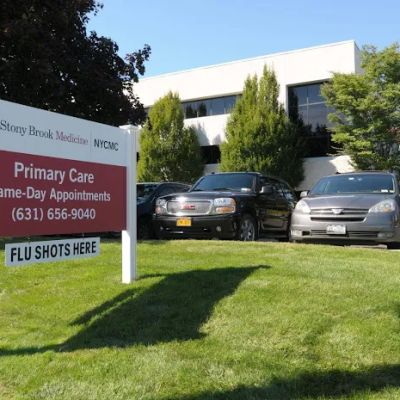- When-to-Take-Your-Heart-Medications-Timing-Matters
- Morning-vs-Evening-Dosing-for-Heart-Meds
- Real-Life-Cases-and-Medical-Insights
- How-to-Build-a-Consistent-Medication-Routine
- Tips-for-Maximizing-Effectiveness-and-Safety
- Trusted-Resources-for-Heart-Patients
When to Take Your Heart Medications: Timing Matters
For millions of people worldwide, heart medications are a lifeline—helping control blood pressure, manage arrhythmias, or prevent dangerous clots. But did you know that when you take your heart medications can be just as important as the medication itself? The body’s natural rhythms, meal patterns, and sleep cycles can influence how drugs are absorbed and how effective they are. By paying attention to timing, patients can improve results, reduce side effects, and feel more confident about their heart health.

Morning vs Evening Dosing for Heart Meds
Different heart medications interact with the body in unique ways. For example, blood pressure drugs such as ACE inhibitors or beta-blockers are sometimes recommended at night to better control early-morning spikes in blood pressure. On the other hand, diuretics are usually taken in the morning to avoid disrupting sleep with frequent bathroom trips. Statins, which help lower cholesterol, are often prescribed in the evening because the liver produces more cholesterol at night. Understanding these distinctions highlights why timing matters for heart medications—it’s about aligning treatment with the body’s natural rhythm.
Atlanta Heart Specialists
atlanta heart specialists
4375 Johns Creek Pkwy #350, Suwanee, GA 30024, USA

Real-Life Cases and Medical Insights
Consider Mary, a 62-year-old woman with hypertension. She struggled with early morning headaches until her physician suggested switching her blood pressure pills from morning to bedtime. Within weeks, her blood pressure stabilized, and her symptoms improved. Her story mirrors findings from the well-known Hygia Chronotherapy Trial, which showed that patients taking certain blood pressure medications at night had significantly lower risks of cardiovascular events. These real-life cases and medical insights emphasize that medication schedules should be tailored to each patient’s condition and lifestyle.
How to Build a Consistent Medication Routine
Creating a routine is one of the most powerful tools for ensuring that heart medications are taken correctly. Many people set phone alarms or pair their doses with daily habits like brushing teeth or drinking morning coffee. Consistency reduces missed doses and helps the body adjust to predictable patterns. If a dose is forgotten, it’s crucial to know whether to take it immediately or wait until the next scheduled time—always follow professional advice. With a stable routine, patients gain peace of mind and better outcomes.
Tips for Maximizing Effectiveness and Safety
To get the most from heart medications, consider timing alongside lifestyle factors. Avoid grapefruit juice with certain statins, space medications away from heavy meals when needed, and monitor interactions with over-the-counter supplements. Patients should also keep a medication journal to track side effects, which helps doctors fine-tune dosage and timing. Small adjustments, like taking pills with a glass of water before bedtime, can greatly improve results. Personalized care is essential, and professional guidance ensures safety while maximizing benefits.
Trusted Resources for Heart Patients
For anyone navigating complex medication schedules, reliable information and support are vital. At HeartCare Hub, you can explore tools, health products, and services tailored to cardiovascular care. Whether you need pill organizers, wellness programs, or professional recommendations, having access to trustworthy resources makes it easier to manage medications confidently. Combining expert advice with practical aids helps patients feel empowered on their heart health journey.






















Deborah Heart and Lung Center
deborah heart and lung center
200 Trenton Rd, Browns Mills, NJ 08015, USA